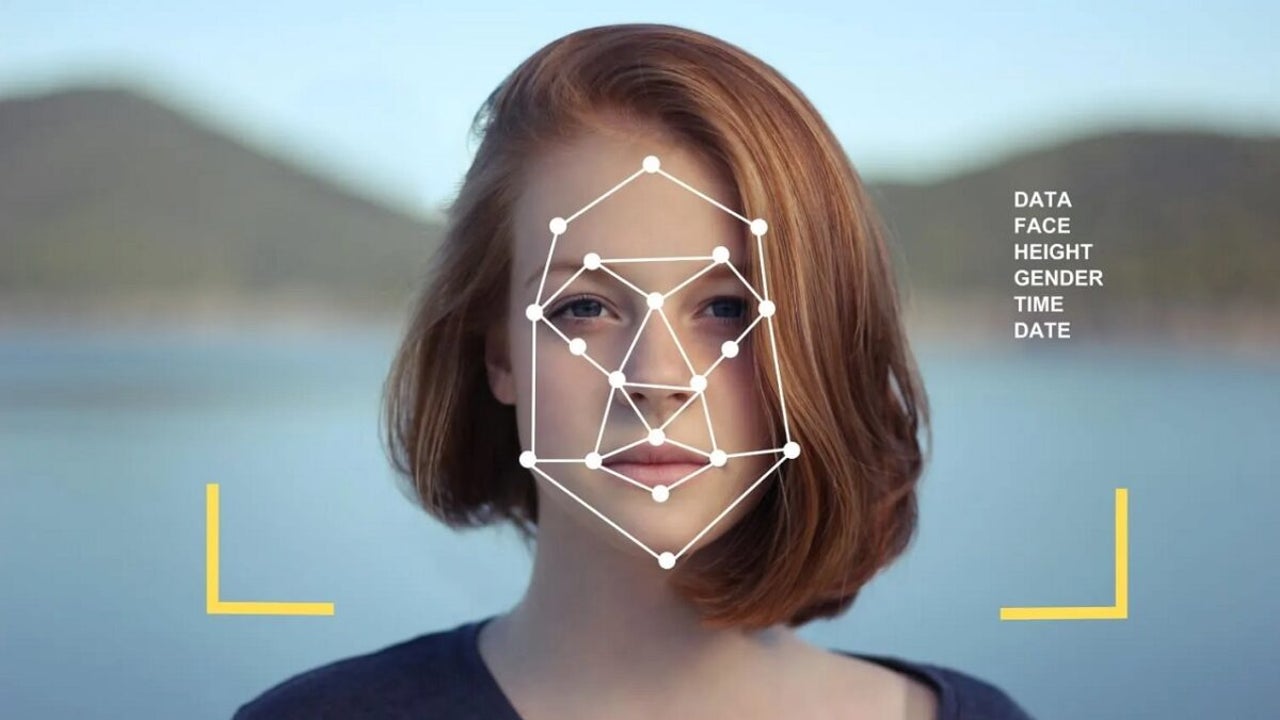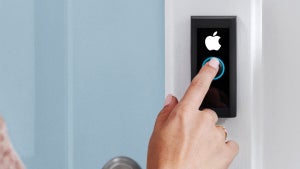The NFL incorporates facial authentication to enter its stadiums: they ensure 99.7% accuracy
An average of two seconds per viewer and a reliability of 99.7% seems like a good starting point for facial recognition

- August 11, 2024
- Updated: November 22, 2024 at 4:42 AM
The NFL is going to implement facial authentication technology in its stadiums starting on August 8th. The system will allow fans to enter through the gates with just a glance, speeding up access and reducing queues. That’s what the league claims.
It also recognizes players and employees so that only people with the appropriate credentials can access the locker rooms and the press box. Undoubtedly, a great advance in the management of large crowds of people.
The NFL is implementing Wicket’s facial authentication technology in all 32 stadiums for the upcoming season. The system should be operational by the start of the preseason. The full installation follows a successful test conducted in several stadiums last year, including the Cleveland Browns’ stadium.
Facial recognition to speed up queues, improve security and prevent fake entries
The main objective of the system is to facilitate access for accredited media, executives, staff, and guests to restricted areas such as the playing field, the press box, and the locker rooms.
Through facial recognition, the NFL also aims to prevent the fraudulent use of counterfeit physical credentials. The Wicket system uses advanced facial recognition software, but it is very fast and easy to use.
First, customers must link their ticket account to their facial image through a selfie. Wicket’s artificial intelligence creates a unique digital code that represents the user’s facial features instead of storing the actual image.
Upon arriving at the stadium, registered users can access designated lanes equipped with camera devices, such as mobile phones or tablets. When users look at the camera, the system compares their faces with the stored digital code associated with their account. A successful match authorizes all tickets purchased by that person.
Two seconds per viewer, the average of the new system
The process takes an average of two seconds per entry. Wicket claims that its technology can verify faces with 99.7% accuracy, even in low light conditions.
In addition, the system allows friends and family members using tickets from the same account to quickly follow the main ticket holder through the gate, enhancing the overall entry experience.
However, the Wicket FR system is optional, allowing users to choose between facial authentication and traditional input methods. So those who are not willing to provide their biometric data do not have to worry.
Several teams, including the Cleveland Browns and the Atlanta Falcons, have already started using this technology for ticket holders’ entry. The Browns report that 35,000 fans have enrolled in the facial authentication program Express Access, which also verifies age for purchasing alcohol at food stands.
However, details about the internal configuration of the Wicket system in stadiums are still unclear. The initial versions used Apple iPads for facial scanning, but there is a possibility of integrating it with other input hardware.
The adoption of facial recognition technology is also gaining ground in other sports. The New York Mets have already implemented the Wicket system at Citi Field. Football leagues around the world are installing similar systems, but not necessarily Wicket’s.
Currently, 25 out of the top 100 football stadiums use facial recognition for fan surveillance, indicating a broader trend in the sports industry towards enhancing security measures.
Journalist specialized in technology, entertainment and video games. Writing about what I'm passionate about (gadgets, games and movies) allows me to stay sane and wake up with a smile on my face when the alarm clock goes off. PS: this is not true 100% of the time.
Latest from Chema Carvajal Sarabia
- The 5 best fantasy movies to watch on Christmas Day with the whole family
- The future of cinema is not projectors, the future of cinema is giant televisions
- Fortnite has begun to refund 245 million dollars to players after admitting that it deceived them
- The latest Chinese space mission confirms that the story about the Moon we believed may be wrong
You may also like

FaceID on your door: this is what doorbells designed by Apple would look like
Read more

Instagram tests a new way to highlight content from your friends that you haven't seen
Read more

The Christmas Monopoly exists… and we can't recommend it to anyone
Read more

Everything we know about Intergalactic, the new project from Naughty Dogs
Read more

That time Santa Claus was the new Super Mario (or at least he tried)
Read more

The extremely strange Christmas game that went viral in the 90s: the story of 'Elf Bowling'
Read more